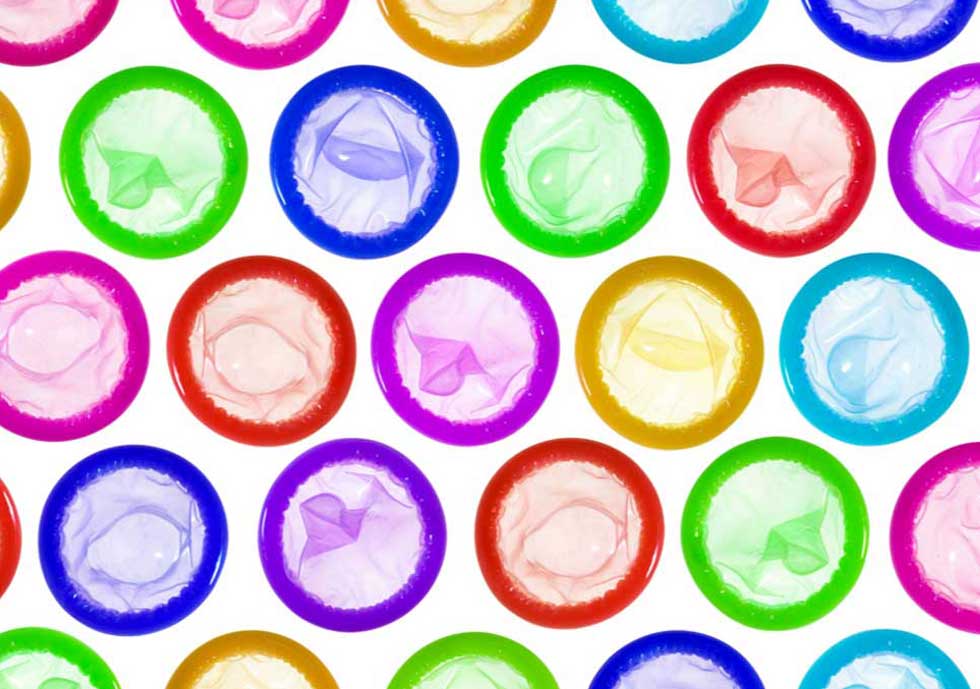GAY & BISEXUAL MEN - BISEXUALITY
At its simplest level bisexuality refers to a physical and emotional attraction to any sex or gender identity and is more commonly thought of as an attraction to both men and women. However, it's a bit more complicated than that and someone who identifies as a bisexual person may have a more fluid understanding of what being bisexual means to them.
Being bisexual doesn't necessarily mean a person finds both men and women attractive in equal measure and all of the time. It may include a range of sexual identities from seeing their sexuality as consistently changeable to finding one gender more attractive than another during certain periods of their lives.
We know from research that bisexual men are less likely to engage with sexual health services than other sexual identity groups. We also know that men who identify as bisexual have higher rates of mental health issues compared to other groups. Young bisexual men in particular are less likely to access services, meaning they may be even more vulnerable to poor sexual health.
What health issues might bisexual men face?
Bisexual people often face inequalities in health compared to people who identify as straight or gay. Experiences of biphobia and bisexual invisibility have been linked to depression, anxiety, self harm and suicidal thoughts. In addition, bisexual men have been found to be more likely to smoke, drink alcohol and use recreational drugs than gay or straight men. Bisexual men are significantly less likely to attend sexual health services than gay men, with other studies suggesting 49% of bisexual men have never tested for HIV (compared to 29% of gay men). Sexual Health D&G recognise how difficult it can be for some men including bisexual men to reach out for help and clinic staff are available by phone or email for non-judgemental advice on pretty much every aspect of your sexual health and wellbeing.
Content reproduced/adapted with permission from Steve Retson Project, NHS Greater Glasgow & Clyde
